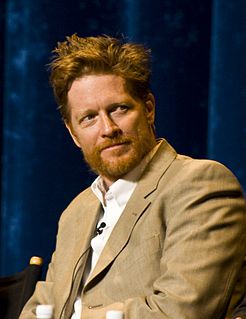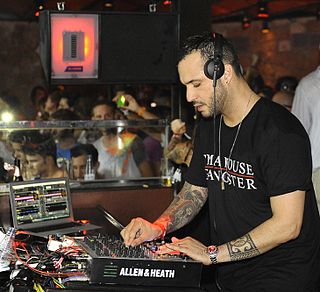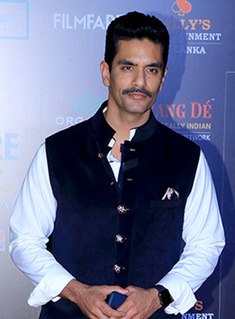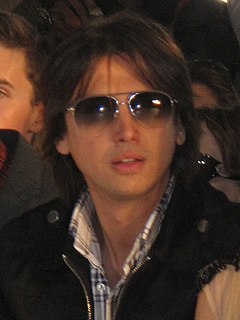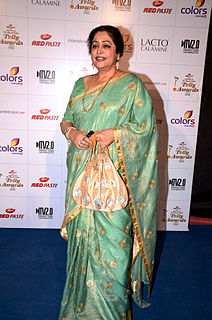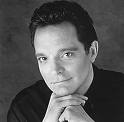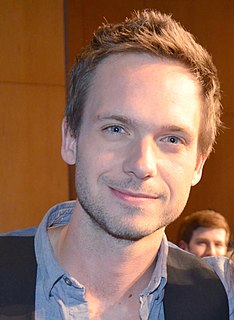A Quote by Eric Stoltz
It's hard not to get a big head in the film industry, there are people on a set paid to cater to your every need, from the minute you arrive until you go home. It's kind of strange, but not unpleasant.
Related Quotes
For me, the worst set is always when something happens to your equipment. Or back in the days your records wouldn't arrive and you couldn't perform in front of people. The best for me was performing for the Love Parade. That was kind of a blessing. I was never respected as an electronic artist. I was very big as a hip-hop DJ in my home town and in Germany. And then becoming an electronic artist, it was very hard for me to fight my way up. It still is, to be honest. I can still watch the Love Parade on YouTube, and I still put my hand over my head.
If you're strutting around Beverly Hills and hitting up these big industry parties every night when you're not making movies, then it's going to eventually consume you. But for me, I live most of my life in Boston. I do things no different from the way my buddies back home do them, except when I go to work, I go to a film set.
Filmmakers need to give the audience that something extra, an incentive to spend money and go to the multiplex - the ticket prices are high. Otherwise they'd just stay home, buy DVDs or download movies. But if there were only big budget movies it would be impossible for the film industry to survive. So I emphasize the importance of mid-range films. But those films need the support of theatre owners. The theatre chains have to have the vision to realize the need to support smaller films for the growth of the domestic film industry.
And by banning [smartphones] from the set, the whole crew tends to work tighter with each other. And then it just becomes a thing where people kind of fall in love with the idea, 'This is the film-industry that I signed up for! This is really wonderful.' But then they go back to another set and everybody's on their cellphone, everyone's in their own little box, and they get depressed about it.
You kind of wake up in the morning, and you don't see anybody but these actors until you go home at night and pass out and do it again. So it's structured a lot like the process when you're making a film. You just kind of get in that tunnel vision. I like that. I like when the rest of the world kind of quiets.
I was so lucky because I started working very young. And my father was very wealthy and I didn't need to work. I did my films. I was very well paid for my age, and I could make choices, decide not to do a film for six months and wait until I'd get the right thing. Which made me quite a coward, you know. It's so easy to say no to stuff, and then, after a while, it's very hard to go back in.
Most film productions, when they're based at a place, they get, like, a 30-mile radius or a 30-minute radius to get out of the town. And once you go past that, your day starts to become shorter, and you have to start paying your drivers more, and everybody just gets paid more, and you have less time to shoot, and everything costs more.
